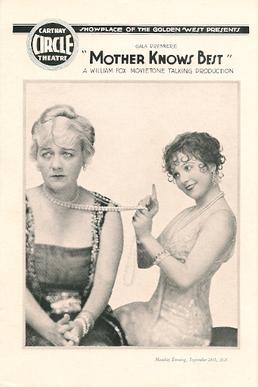Brexit therapy: How to mend Broken Britain
Good news. Leave voters can be cured of mental disorders through therapy, wonder of the age and booming business sector to boot.
Ewan Cameron, “a psychologist who provides assessment and treatment of forensic and clinical clients”, writes on Politics. co.uk:
So your mother voted Leave: How to fix a family broken by Brexit
It’s a new version of David Cameron’s “broken Britain”, the former Prime Minister’s view of the working class and other Untermensch. It’s no longer the much-derided, dystopian Tory vision, what the Guardian called “glib jargon” that “feeds off popular anxieties”, a “popular, ill-defined sense that somehow things are going wrong in society”, adding that “there is real hostility to being tarred as a broken society”. That broken Britain was “offensive”. This broken Britain is all about helping. It is, of course, entirely offensive, bigoted, condescending, ageist, and dismissive of the working class and the right of one person one vote.
Says E. Cameron:
It’s not just political parties that are being torn apart by the Brexit vote. Across the country, families have been pitted against each other, usually on generational lines, as the emotional fallout continues. Millions of older voters feel they’ve taken back control of their country. But for many of their sons and daughters, it’s like someone just stole their future. The political has never felt more personal.
Never felt more personal? It’s history day one all over again. What about when being gay was a crime? What about when women were banned from voting? What about abortion law? What about 1780, when less than 3% of the total population of England had the right to vote? Democracy won the day in the EU Referendum. The people voted in large numbers. The Leave vote won. The therapy should be short and succinct: suck it up and crack on.
But Cameron E has tips on what you should do if you can’t grasp the concept of democracy and are slamming bedrooms doors and shouting “I never asked to be born”:
1. Seek to understand before being understood
Try to understand not just your mother’s political arguments, but the personal reasons and emotions that contribute to them. Maybe her fears are both political and personal, reflecting a general fear of change or a core belief that unknown others can never be trusted.
A fear of change for the woman who, er, voted for change, who embraced the new and the risky.
Personality factors are also relevant – are your mother’s view sustained by a sense of entitlement? Do her political views conform to a broader sense of personal alienation, or vulnerability? Seek to understand not just ‘what’ but ‘why’ she has the views she does.
In a word: experience.
2. Communicate in neutral, non-judgemental language
What an utter kno..
Simple techniques like avoiding the pronoun ‘you’ and instead structuring sentences around ‘I’ can reduce the potential for the other person feeling blamed, and keeps the focus on your needs.
Why not go the full superior and opt for “one”.
Examples might include “I have noticed that when I express those thoughts, I am often not heard”, as opposed to “you’re ignoring everything I say”.
More!
3. Specify the problem, even if it seems obvious
…Maybe it’s that your mother deliberately ignores certain widely known facts in order to sustain a distorted worldview.
You: you need to look at the facts.
Mum: I do. You lost.
4. Express the emotion you are feeling
Tell your mother what emotion you feel when you bring up this problem. Telling someone how you actually feel makes an issue harder to ignore. Examples might include “I feel hurt that you voted in a way that I believe damages the future of my children”, or “I actually feel quite alone and sad when I think about the political distance between us”. Be honest when you do this.
Mum to child: “I feel hurt that you voted in a way that I believe damages the future of my children.”
5. Specify what you want – and be realistic
…Maybe you need to tone down the moral certainty.
But without moral certainty you’re left with nothing apart from the T-shirt that orders ‘Hug An Immigrant’.
6. Practice Acceptance
If you are troubled by any of the above or see assurance and direction, seek help immediately. No, not therapy. That clinic has a revolving door. Ask your mum what you should do.
Remember: mother knows best.
Posted: 12th, July 2016 | In: Key Posts, Politicians, Reviews Comment | TrackBack | Permalink




